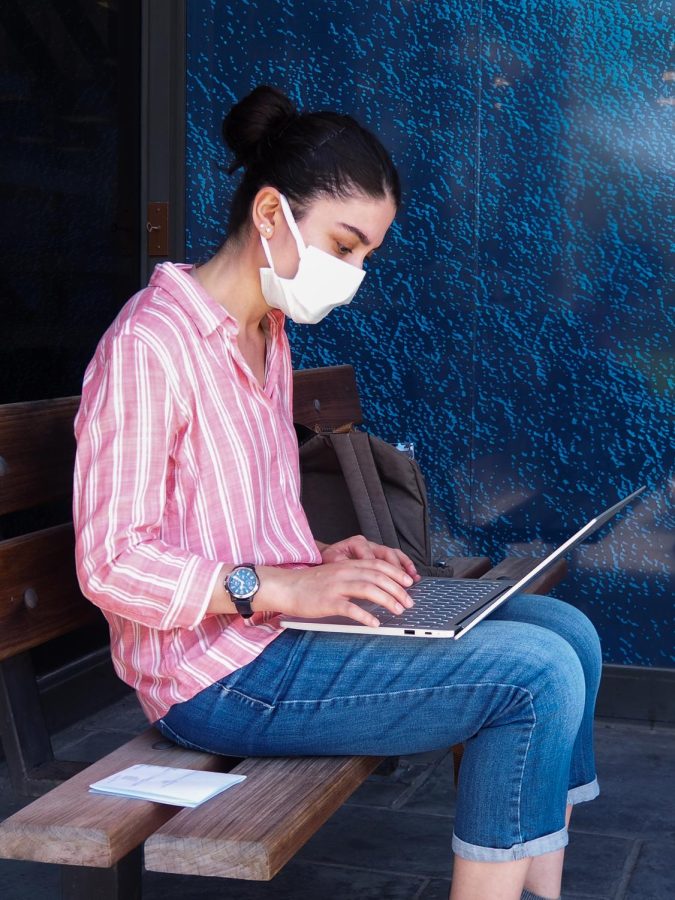Philadelphia Imposes Then Revokes Indoor Mask Mandate
April 27, 2022
Only four days after becoming the first American city to reimpose an indoor mask mandate, the Philadelphia Health Department lifted this renewal. The initial order was a swift response to worsening COVID-19 infections and the potential for a new wave of cases caused by an omicron subvariant. However, amid improving conditions, the city then decided masks were no longer required indoors only four days later.
In a statement on Friday, the city’s health department revealed that the reinstated mandate appeared necessary after a 50% increase in cases during the beginning of April. Recent infections in Philadelphia peaked at 377 cases and 82 hospitalizations but then began to fall. Dennis Wykoff, a professor in the Biology department who studies infectious diseases, explained that “the health department last week was being extremely cautious as they were seeing the BA.2 variant uptick” and they believed “that the mask mandate was a good idea to be cautious.”
The city followed a tiered system, with level one as “all clear” and level two as “caution.” Earlier this year, the city reached level one, lifting previous mandates. However, when cases began to increase, Philadelphia moved back to level two, requiring restrictions. With the fluctuation in cases and tremendous uncertainty, the tiered system is no longer being used. There is no indication of whether the city will design a new metric system to determine responses to COVID-19 infections.
Now, Philadelphia urges residents to exercise caution and strongly recommends wearing masks while indoors.
The renewal of the indoor mask mandate faced criticism from business owners and residents alike, while others expressed confusion about the reimposed mandate. Many people hoped to contest the order by filing suit in Pennsylvania’s state court. Others, however, were more unsure about the urgency of the new mandate than angry. Villanova students with ties to Philadelphia voiced this confusion.
“I was initially confused by the new mandate because I did not know about the rise in cases or the threat of new variants, but I am always willing to wear my mask,” sophomore Diorys Savinon said.
This public opposition, in tandem with the federal judge’s earlier rulings that a TSA mask mandate was not legal, put tremendous pressure on the health department. There was also a lack of overwhelming evidence to support the city’s urgent claims, and as such, many people were hesitant to support the mandate.
“The ‘headwinds’ of people not embracing a mask mandate in combination with the district court ruling pretty much meant that few strongly supported the mandate, and so I think the city decided it was not warranted anymore,” Wykoff said.
Despite the extensive public pressure and lawsuits, the city’s health department remains resolute that the mask mandate was lifted based on a decrease in infections rather than both public and legal opposition. The decision to revoke the reimposed mask mandate came following a meeting with the Board of Health to discuss the lawsuits.
Ultimately, Philadelphia’s swift response to rising COVID-19 infections and the potential threat of the omicron subvariant, ba.2, may be indicative of growing national concerns. Some view Philadelphia’s mask mandate as a sign that attitudes of other local governments will shift to mirror Philadelphia’s concern. Even after lifting the renewed mandate, Philadelphia warned residents about infections, especially the new omicron subvariant. However, with an influx of legal opposition, it is unclear whether mask mandates will continue to be implemented.


